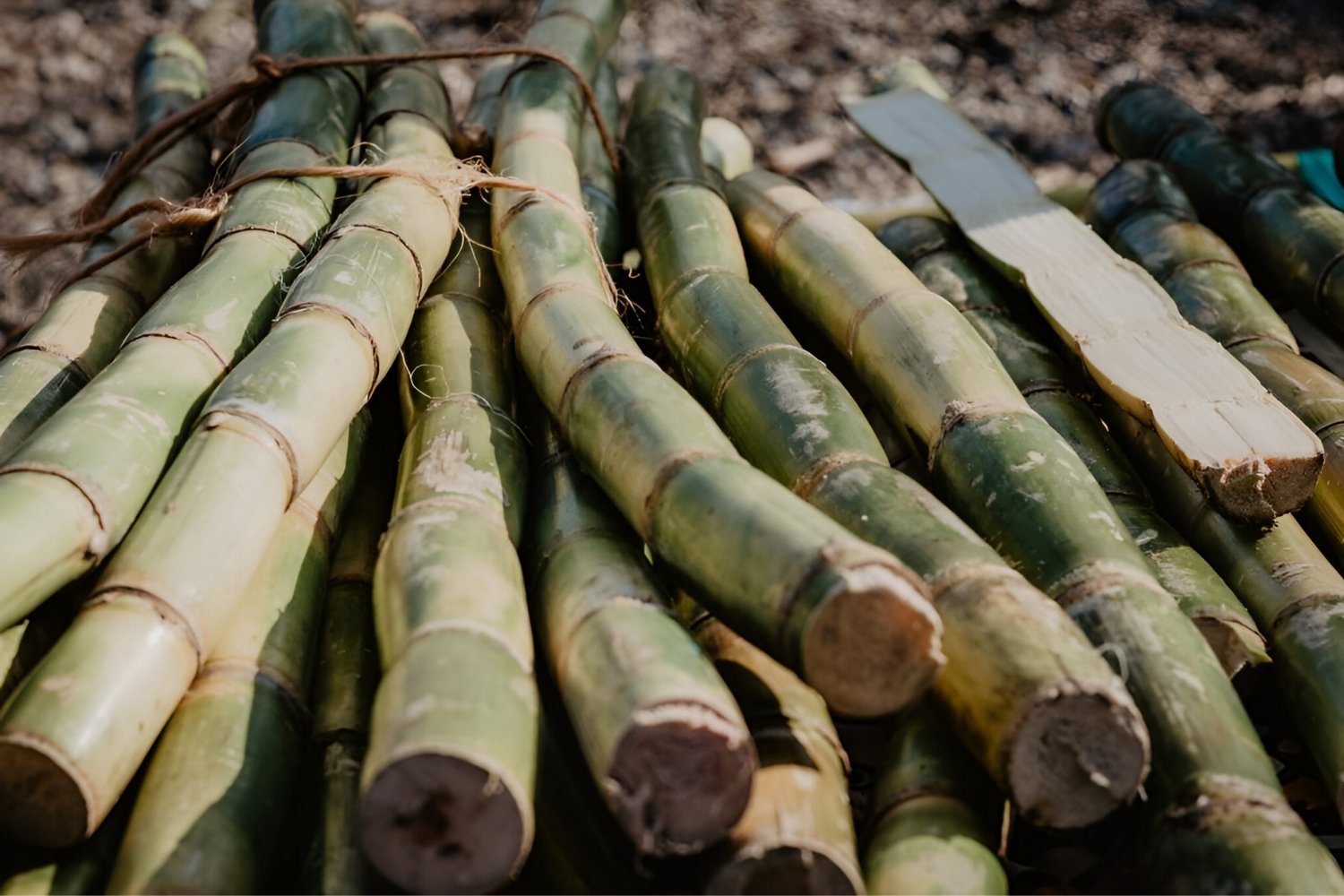
Did you know that the sugar industry has a rich history dating back thousands of years? From ancient civilizations to modern-day production, sugar has played a crucial role in shaping economies, cultures, and diets worldwide. This sweet substance, often taken for granted, has a fascinating journey from sugarcane fields to your kitchen table. Whether you're curious about the origins of sugar, its impact on global trade, or the surprising ways it influences our daily lives, this article will provide you with 28 intriguing facts. Get ready to dive into the world of sugar and uncover the secrets behind one of the most beloved ingredients in the world!
Key Takeaways:
- Sugar has a rich history dating back to 8,000 B.C. when it was first domesticated in New Guinea. It became a symbol of wealth and luxury in medieval Europe, and its production has had a significant impact on global economies.
- While sugar has a fascinating history, its excessive consumption has been linked to health issues. The industry faces challenges such as fluctuating prices and environmental concerns, but efforts are being made to promote sustainable production.
The Origins of Sugar
Sugar has a long and fascinating history that spans continents and centuries. Let's explore some intriguing facts about its origins.
- Sugarcane was first domesticated in New Guinea around 8,000 B.C. It spread to Southeast Asia and India over time.
- The word "sugar" comes from the Sanskrit word "sharkara," which means gravel or ground substance.
- India was the first to crystallize sugar around 350 A.D., making it easier to transport and trade.
- By the 7th century, sugar had reached Persia, where it was further refined and used in medicines and cooking.
Sugar in the Middle Ages
The Middle Ages saw sugar becoming a prized commodity in Europe. Here are some facts about its journey during this period.
- Arab traders introduced sugar to the Mediterranean region in the 8th century.
- By the 12th century, sugar was being cultivated in Spain and Sicily.
- Sugar was so valuable in medieval Europe that it was often referred to as "white gold."
- Only the wealthy could afford sugar, making it a symbol of status and luxury.
The Sugar Trade and Colonization
The sugar industry played a significant role in the age of exploration and colonization. These facts highlight its impact.
- Christopher Columbus brought sugarcane to the Caribbean on his second voyage in 1493.
- The Caribbean islands became major sugar producers, with plantations relying heavily on enslaved labor.
- The transatlantic slave trade was driven in part by the demand for labor on sugar plantations.
- By the 18th century, sugar was a staple in European diets, leading to increased demand and production.
Technological Advances in Sugar Production
Advancements in technology have significantly impacted sugar production. Here are some key developments.
- The invention of the steam engine in the 18th century revolutionized sugar milling.
- In the 19th century, the development of the vacuum pan process allowed for more efficient sugar refining.
- The introduction of beet sugar in Europe provided an alternative to cane sugar, diversifying the industry.
- Modern sugar production involves sophisticated machinery and techniques to maximize yield and efficiency.
Sugar and Health
Sugar's impact on health has been a topic of much debate. Let's look at some important facts related to this.
- Excessive sugar consumption has been linked to obesity, diabetes, and heart disease.
- The World Health Organization recommends that added sugars make up less than 10% of daily caloric intake.
- Sugar provides empty calories, meaning it offers energy without essential nutrients.
- Despite its health risks, sugar remains a popular ingredient in many processed foods and beverages.
The Economic Impact of Sugar
The sugar industry has a significant economic impact worldwide. Here are some facts about its economic influence.
- The global sugar market is worth over $50 billion annually.
- Brazil is the world's largest producer of sugar, followed by India and China.
- Sugar production provides employment for millions of people in developing countries.
- The industry faces challenges such as fluctuating prices, trade restrictions, and environmental concerns.
Environmental Concerns and Sustainability
Sugar production has environmental implications that need addressing. These facts shed light on sustainability issues.
- Sugarcane cultivation can lead to deforestation, soil erosion, and water pollution.
- The industry is working towards more sustainable practices, such as using bagasse (sugarcane residue) for bioenergy.
- Certification programs like Fairtrade and Bonsucro promote sustainable sugar production.
- Consumers can support sustainability by choosing products made from responsibly sourced sugar.
The Sweet Truth
The sugar industry has a rich history and a significant impact on our daily lives. From its origins in ancient civilizations to its role in modern economies, sugar has shaped cultures and economies worldwide. Understanding the production process, health implications, and environmental effects helps us make informed choices. While sugar adds sweetness to our foods, it's crucial to consume it in moderation to avoid health issues like diabetes and obesity. The industry's environmental footprint also calls for more sustainable practices. By staying informed and making conscious decisions, we can enjoy the benefits of sugar without compromising our health or the planet. So next time you reach for that sugary treat, remember the journey it took to get to your plate and the importance of balance in your diet.
Frequently Asked Questions
Was this page helpful?
Our commitment to delivering trustworthy and engaging content is at the heart of what we do. Each fact on our site is contributed by real users like you, bringing a wealth of diverse insights and information. To ensure the highest standards of accuracy and reliability, our dedicated editors meticulously review each submission. This process guarantees that the facts we share are not only fascinating but also credible. Trust in our commitment to quality and authenticity as you explore and learn with us.
